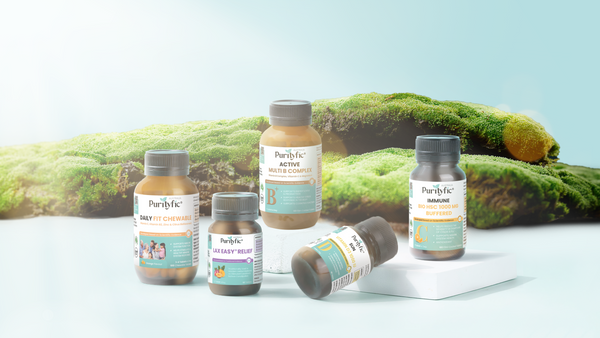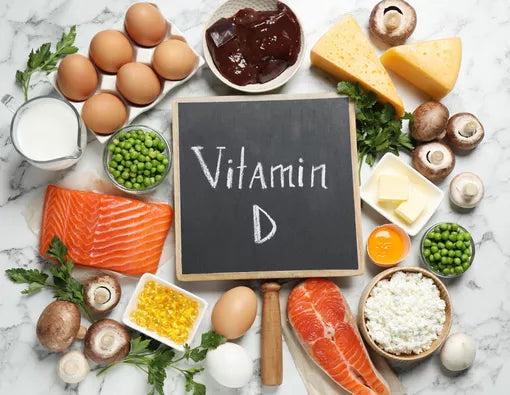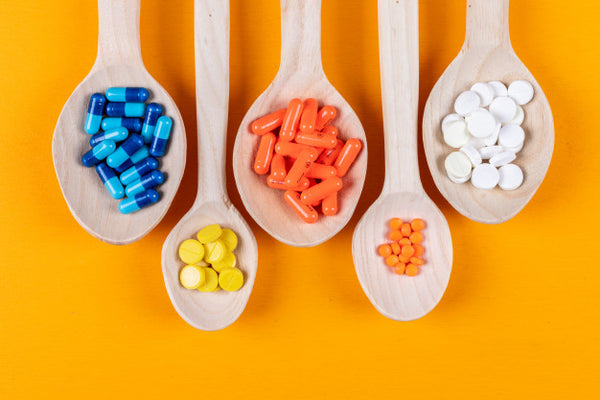
These are 6 Cholesterol Lowering Vitamins, Powerful To Banish Bad Fat

Lowering high cholesterol can be achieved by consuming vitamins, which are easily accessible. Not only do vitamins play an important role in cholesterol metabolism, but they are generally good for heart health as well.
However, it is important to consult a doctor before any definitive treatment. Taking vitamins without supervision can lead to misconceptions about disease control.
Moreover, certain vitamins can have side effects if consumed improperly. So, which vitamins can help lower high cholesterol? Here is the list, as cited from The Health Site.
1. Vitamin B5
Vitamin B5, also known as pantothenic acid, plays a crucial role in cholesterol synthesis. Several studies have shown a decrease in triglyceride levels with Vitamin B5 supplementation.
2. Vitamin C and E
Both of these vitamins are antioxidants, which have been linked to aging, cancer, and cardiovascular diseases. Some studies have shown that vitamin C and E can slow down atherosclerosis and reduce bad cholesterol.
3. Vitamin B3

This water-soluble vitamin is also known as niacin. Vitamin B3 is an essential vitamin that catalyzes several biochemical reactions at the cellular level. Higher doses of niacin have beneficial effects on lipid profiles.
It increases good cholesterol and reduces triglyceride levels in the blood. Gastrointestinal side effects are common with the doses required to achieve this effect.
4. Psyllium
Psyllium husk fiber is a thick soluble fiber. Psyllium has traditionally been used as a bulk laxative, but additional benefits in lowering blood cholesterol and sugar have been noted. Controlled studies conducted after consuming 7-10 grams of psyllium husk have shown a reduction of 4-6% in total cholesterol and bad cholesterol. With mostly no major side effects, psyllium acts by directing cholesterol into bile synthesis and reducing its blood levels.
5. Fish Oil Supplements
It is known that populations with high intake of omega-3 polyunsaturated fatty acids have lower rates of heart disease. Fish oil is rich in omega-3 PUFAs, and when given in high doses (>6 grams per day), it lowers triglyceride levels and indirectly reduces bad cholesterol. However, side effects such as fishy aftertaste, nausea, and GI disturbances are often reasons for discontinuation.
6. Antioxidants
Antioxidants are molecules that prevent cell damage caused by free oxygen radicals during metabolism. Most antioxidants are naturally formed and present in the body, such as Vitamin C and E, Coenzyme Q10, and others. Antioxidants help maintain tissue balance and play a role in aging and disease prevention.






